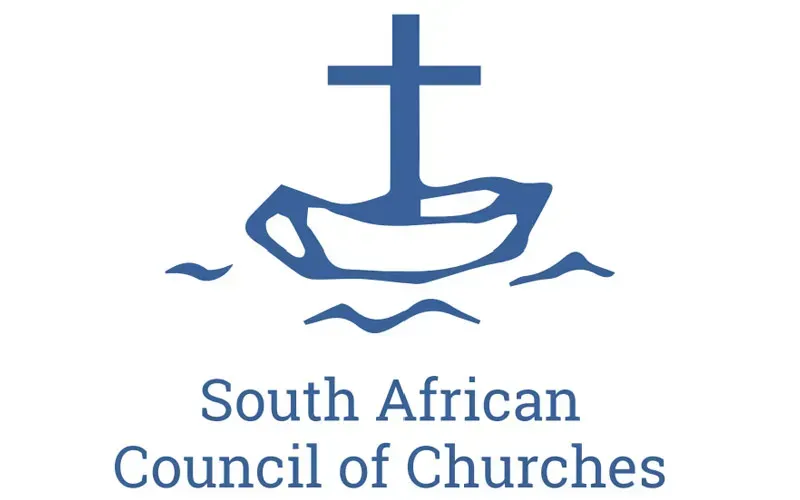The SACC Central Committee decry corruption, gender-based violence (GBV) and the impact of coalition politics, saying, “If we are radically honest with ourselves, we will admit that our women and children are not safe today, with the levels of violence and sexual abuse against them at alarming level."
As for graft in the country, the church leaders say, "The state of our economy is rotting with the cancer of corruption. Corruption has become endemic both in the public and the private sector. It calls for a public campaign on public values.”
The SACC members find it regrettable that the country's governance is divided along partisan lines. They say, "Where we should be making progress that benefits the majority, we are stuck in the muddy waters of infighting, theft and profiteering that is making a mockery of our constitution.”
“At a national level, we welcome the Zondo Commission State Capture report, and the President’s recommendations which will work towards righting the wrongs that should never have been allowed to escalate to such levels. At a local government level, coalition governments have deteriorated into spaces of backstabbing, self-serving and the pursuit of personal enrichment agendas; where the spirit of ‘do unto others before they do unto you’ is rampant”, they add.
In the October 28 statement, SACC members refer to the late South African struggle stalwarts, Archbishop Desmond Tutu, and world-renowned member of the Order of Preachers (Dominicans - OP) and Theologian, late Fr. Albert Nolan, as “great examples of servanthood”, who throughout their lives demonstrated “the love of God in action through their work.”
The SACC members highlight Fr. Nolan’s commitment to empowering the marginalized and the prophetic stance of Archbishop Tutu, saying, “The lives and witness of both have something important to say to the mission and ministry of the Church today.”
“We must, therefore, act as God's instruments, healing, restoring and transforming our world - fighting for the marginalized; speaking radical truth to ourselves and to people in power, in order to effect the changes that will provide a better lived experience for all,” they say.
“The SACC commits to recover and heed the message of the recently departed Albert Nolan who said: If the gospel for us in South Africa today is to have the shape of a prophetic message, it must proclaim news for our time, news about what God is doing and about to do (through our agency) in our country,” they add.
In their concluding remarks, the SACC members call on the South African government to restore faith in public institutions.
Such restoration, they assert, must begin in the work of the Presidency and permeate through all ministries, and into the national pillars of justice and across all State-Owned Enterprises (SOEs).








